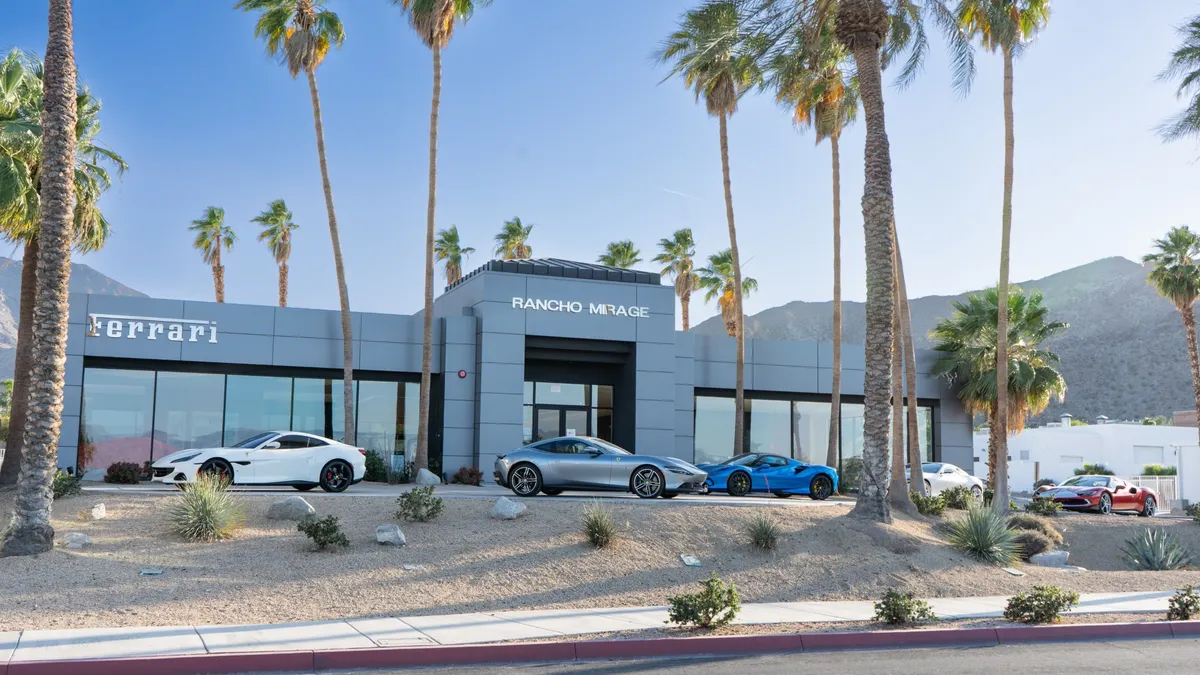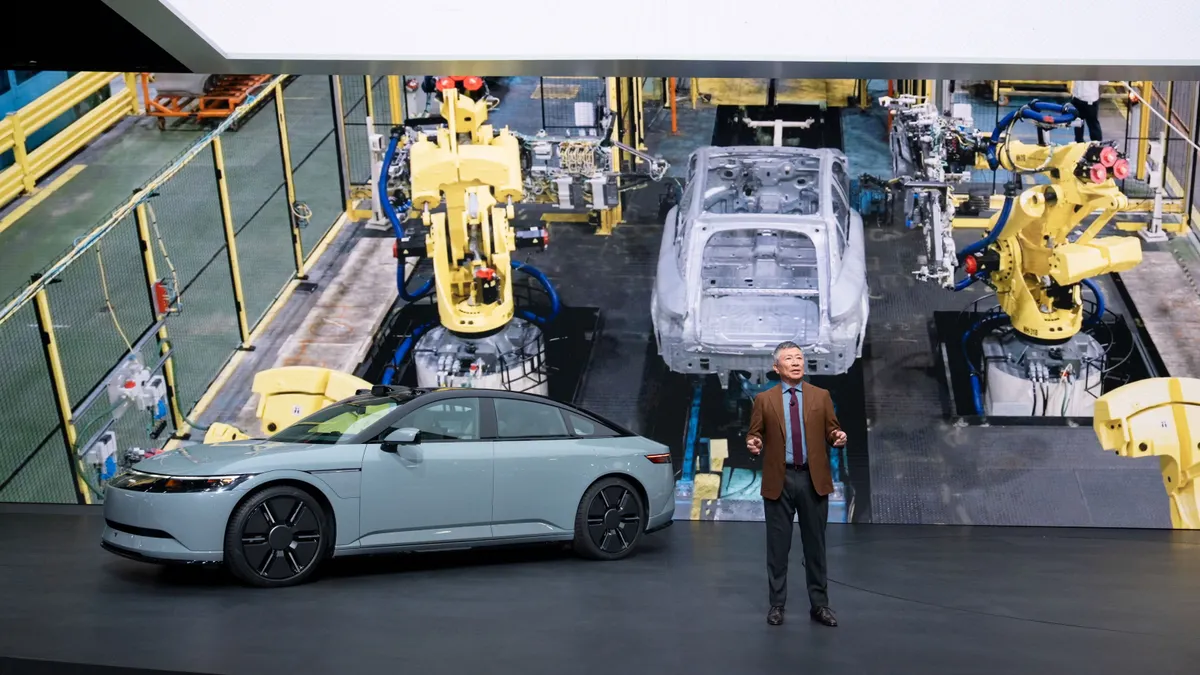Editor's note: This story is part of the WardsAuto digital archive, which may include content that was first published in print, or in different web layouts.
As sales of electrified vehicles grow, dealers should focus their sales strategies on educating consumers about the types of available EVs and answer questions about range, charging and other new technologies.
That approach differs from those used to sell traditional internal-combustion-engine (ICE) vehicles.
“Salespeople have to be able to slow down and verify (consumers’) research and make sure this is truly the right car for them,” says Kevin Murrell, national training consultant with the Automotive Training Academy by Assurant. “The last thing you want is for the consumer to be driving down the road and think, ‘What did I just do?’”
Murrell, a former dealership general sales manager, helped Assurant Global Automotive develop a training course that aims to guide dealership salespeople through the array of knowledge and skills they need to fully converse with customers about EVs.
Assurant is a global business services provider that sells F&I products. It also offers dealership training courses through its Automotive Training Academy. The EV Sales Professional Blueprint course is one of its newest offerings.
The company’s leaders saw a need for training devoted to selling EVs and worked to develop this offering.
“Just like the many consumers that have embraced EV) ownership, we recognize that there are many dealers who are also early adopters, fully preparing for the EV wave,” Jeff Strickland, senior vice president of Assurant Dealer Services and Strategic Accounts at Assurant Global Automotive, tells Wards. “We designed our EV Sales Professional Blueprint (course) for those dealers seeking a tailored process to successfully retail electric vehicles.”
While some auto manufacturers offer EV-related training to their franchised dealers, that is mostly product-focused, says Murrell. The Assurant course aims to do no less than change the traditional sales mindset from one of “get every sale as quickly as possible” to one of empathy with the consumer.
“The consumer will do over 12 hours of research before buying an EV,” says Murrell. “Are we matching their product knowledge? Plus, an EV sale is often more complex and therefore more time-consuming. The customer may want to sleep on it. I have to approach the sale looking through a different lens.”
While many of Assurant’s courses are offered digitally, the EV Sales Professional Blueprint is only taught in-person in the dealerships, says Strickland.
The course covers:
- EV basics including the difference between battery-electric vehicles, hybrid-electric vehicles and plug-in hybrid-electrics.
- Total cost of ownership including fuel and maintenance costs.
- What EV charging levels are best for each situation.
- Maximizing battery range and optimizing battery charging.
While it can be customized, the course is not specialized for a specific electrified model, says Strickland.
“We try to be a little bit agnostic regarding product,” he says. “We are looking at it as the overall process focused on, how do you anticipate the wants and needs of a consumer.”
The one-day course costs $2,500 per dealership regardless of the number of employees. Assurant meets with dealership leadership beforehand to customize the course to specific dealership needs, says Strickland.
Assurant’s nine full-time training consultants worked with its EV product development team to design the course and it went through a third-party compliance review, says Strickland. “We are focused on getting ahead of the curve,” he says.
The course is available to Assurant’s 1,700 dealer services clients as well as dealerships that are not part of that group. The course is only offered in the U.S. for now, but Assurant plans to expand its availability.
The technology associated with electrified vehicles is constantly evolving.
Assurant thinks that will also help it keep the sales training content up-to-date.
“I feel very good that we will be able to evolve our curriculum with the rate of change in this industry,” Strickland says.
Interest in electrified vehicles is growing but the increase is “modest” according to a J.D. Power survey of 8,136 car shoppers conducted between February and May 2023.
The study found 26% of shoppers said they were “very likely” to consider purchasing an EV, up from 24% a year earlier, and 61% said they were “overall likely” to consider it, up from 59% in 2022.
It remains to be seen how fast interest in Assurant’s new course grows, Strickland says.
“It is very early in terms of the (EV training) offering. It will be a slow process for dealers to want to have their sales process focused on EVs,” he says.
As they do begin to sell more EVs, dealership sales personnel will need to continue to be a resource for someone who bought an EV from them and be ready to answer any ownership questions, Murrell says. That will reassure the EV owner and might result in more sales.
“I need to be available to my customer after the sales and answer questions. I want you to feel confident about your purchase,” he says. “Maybe your friend wants to buy an EV (too).”




















